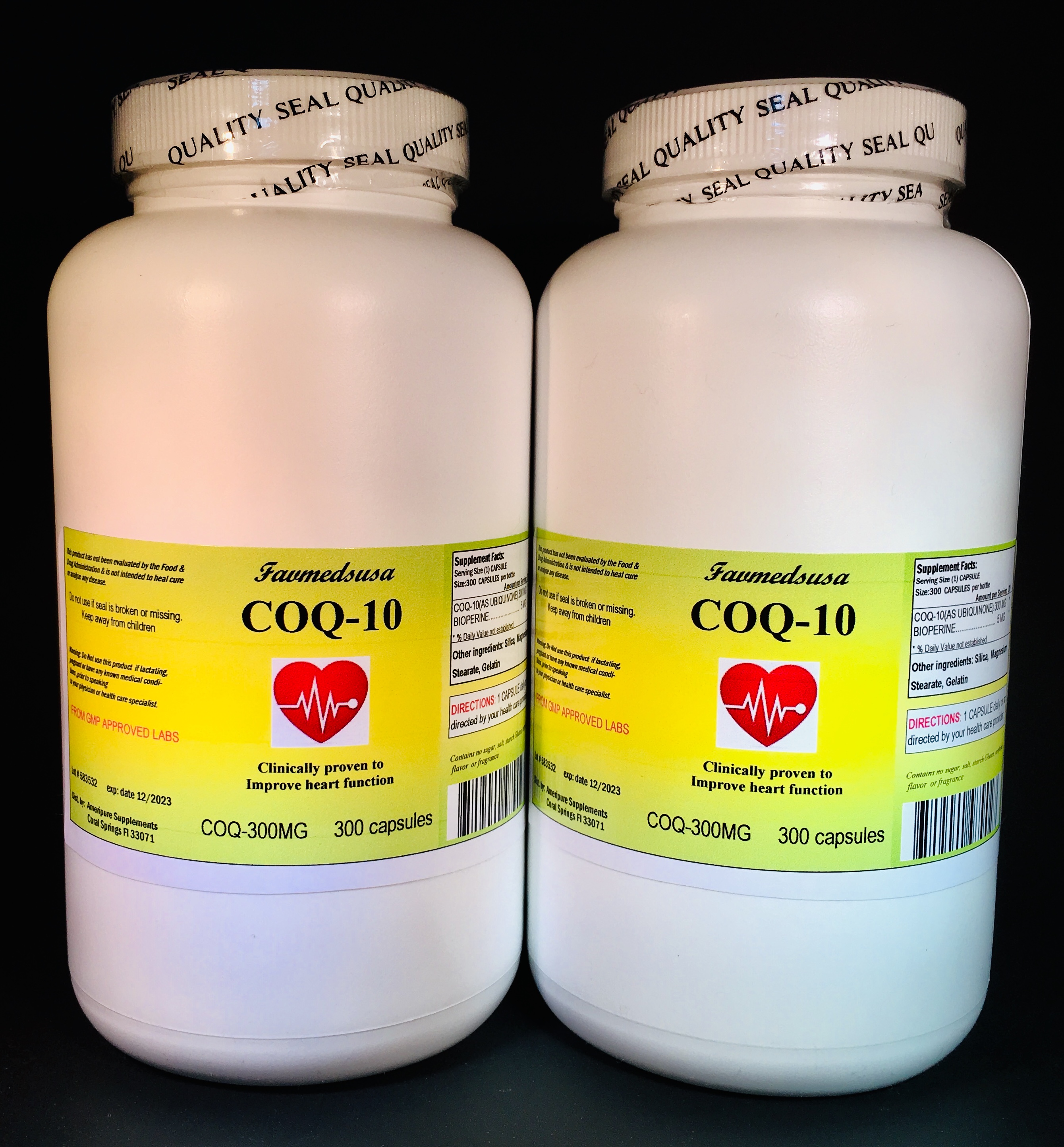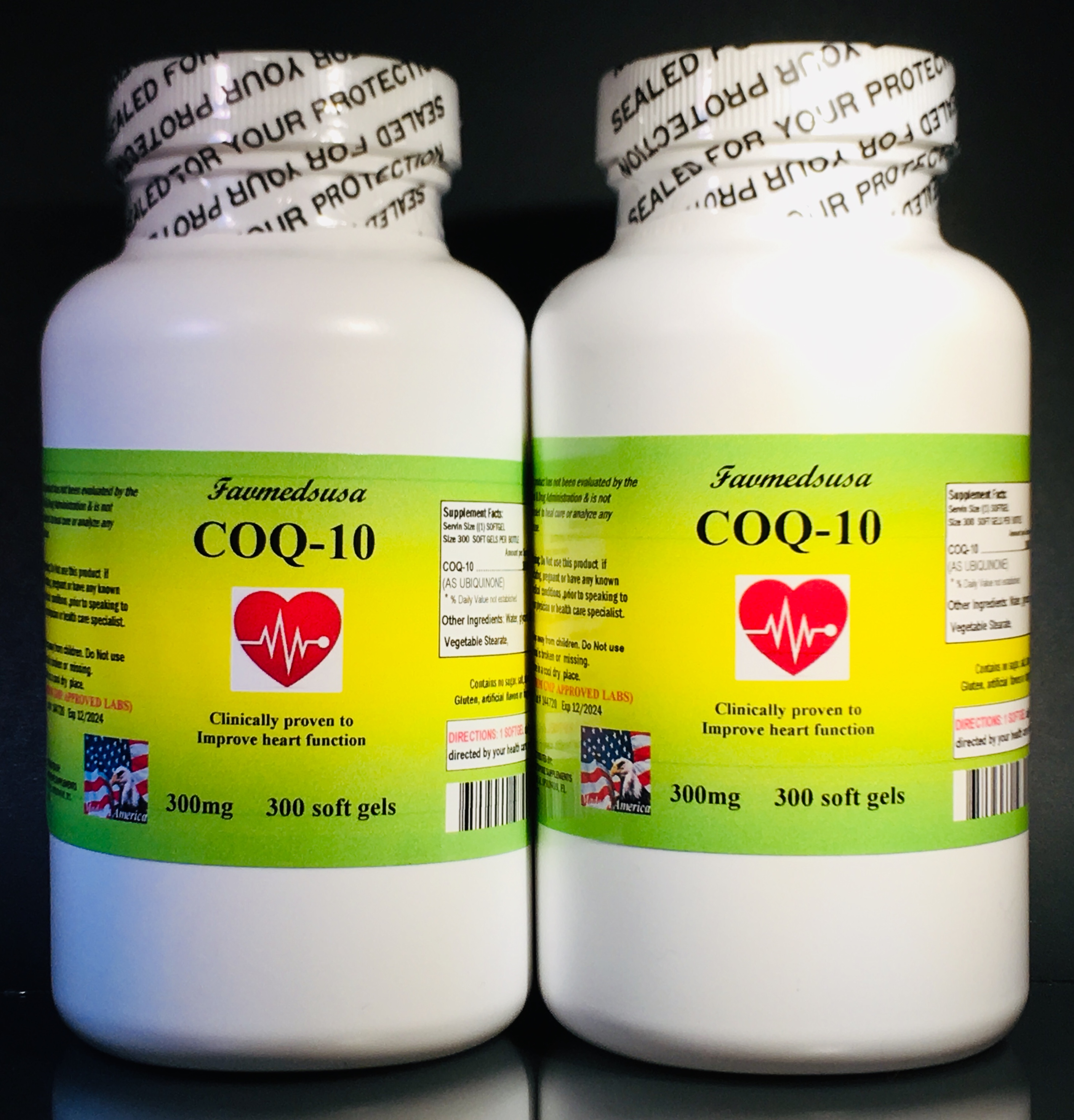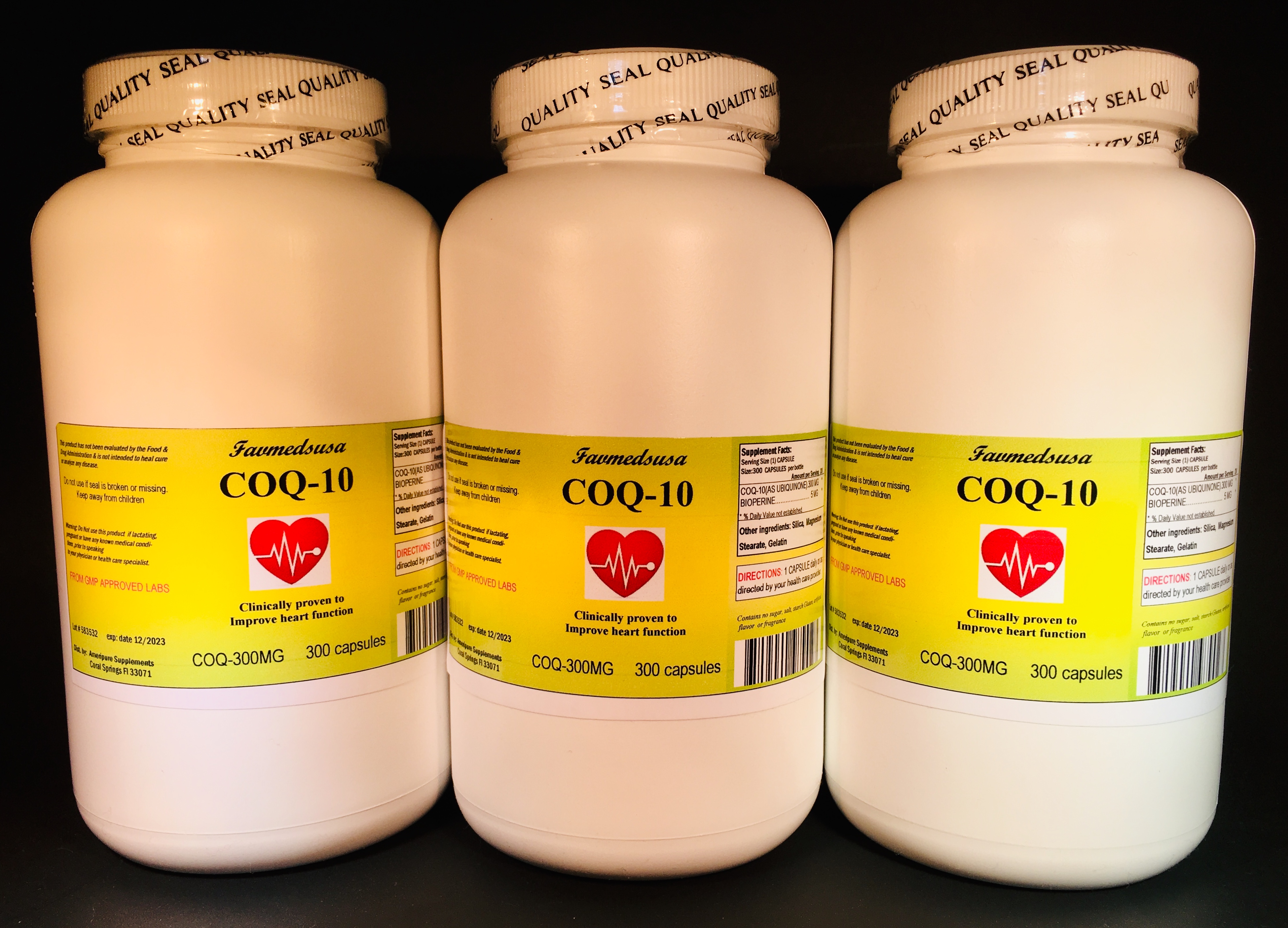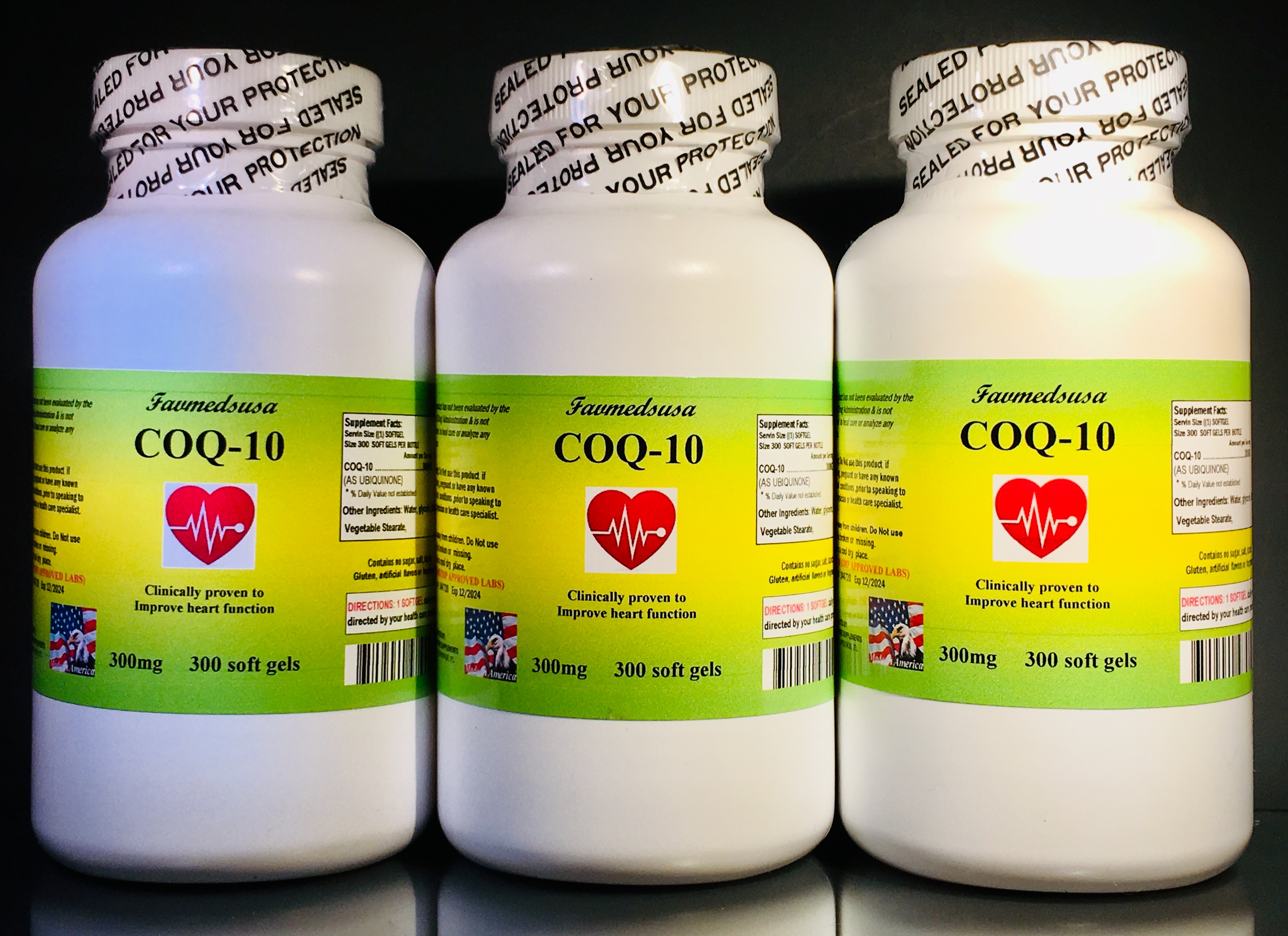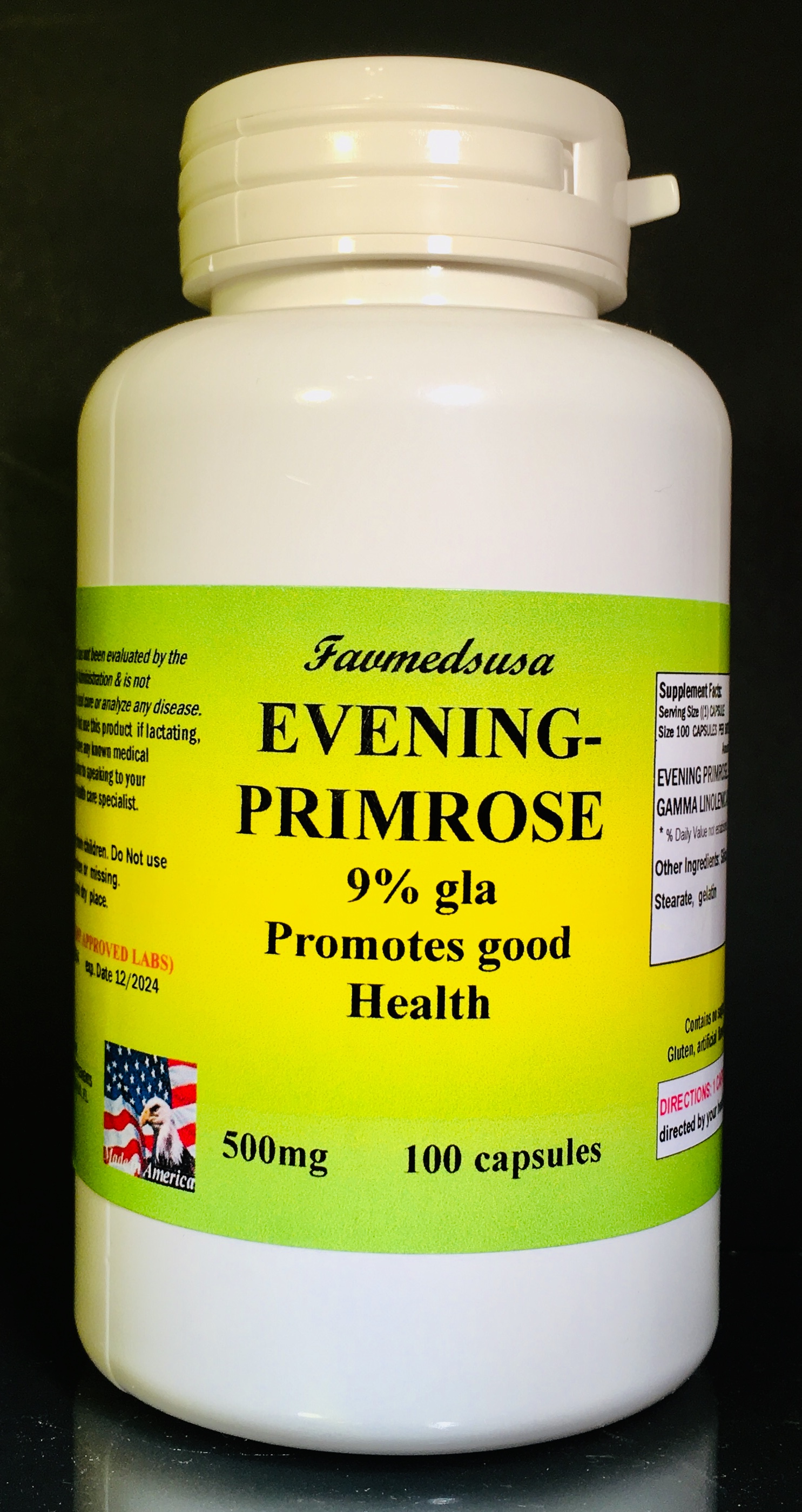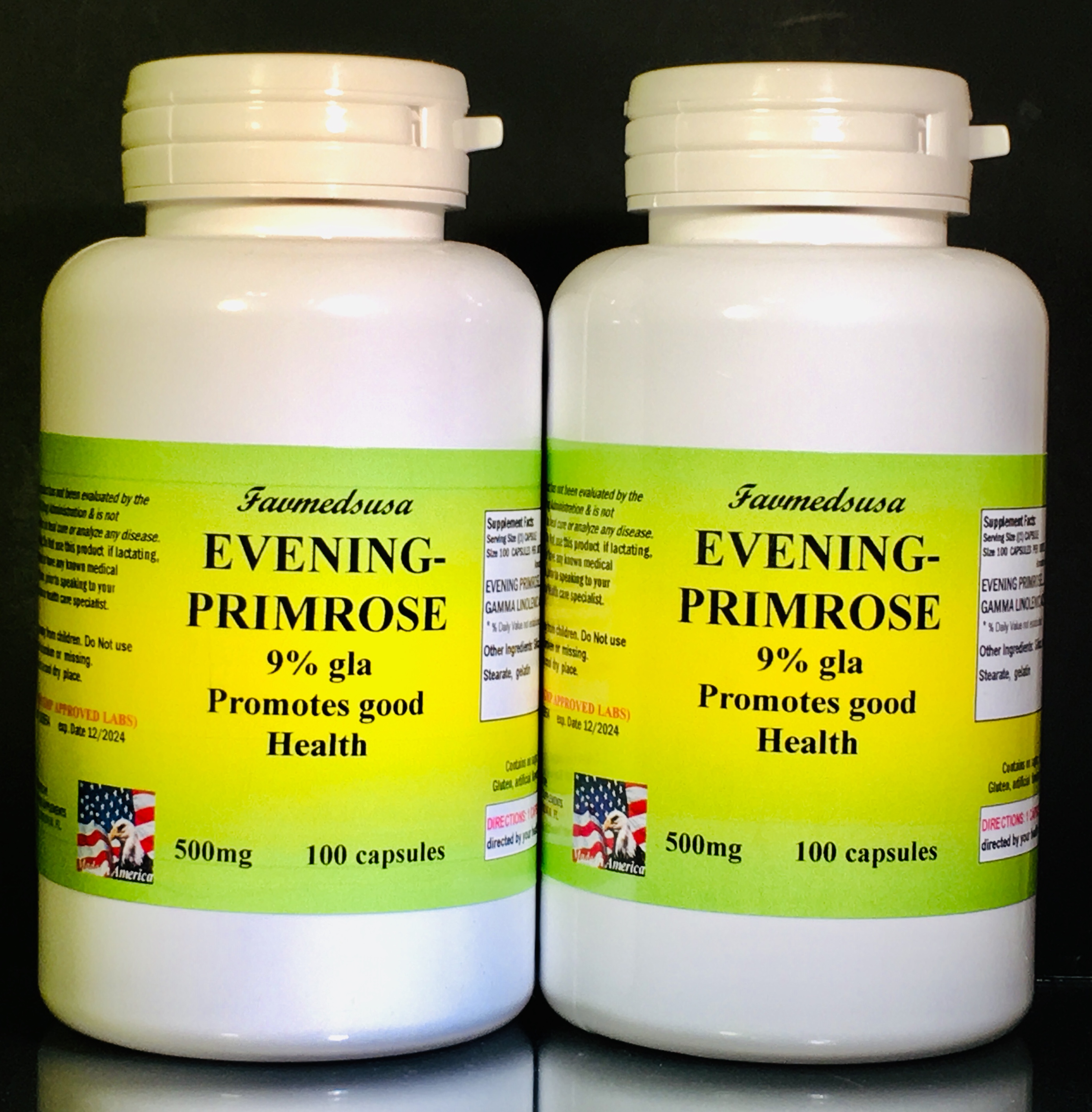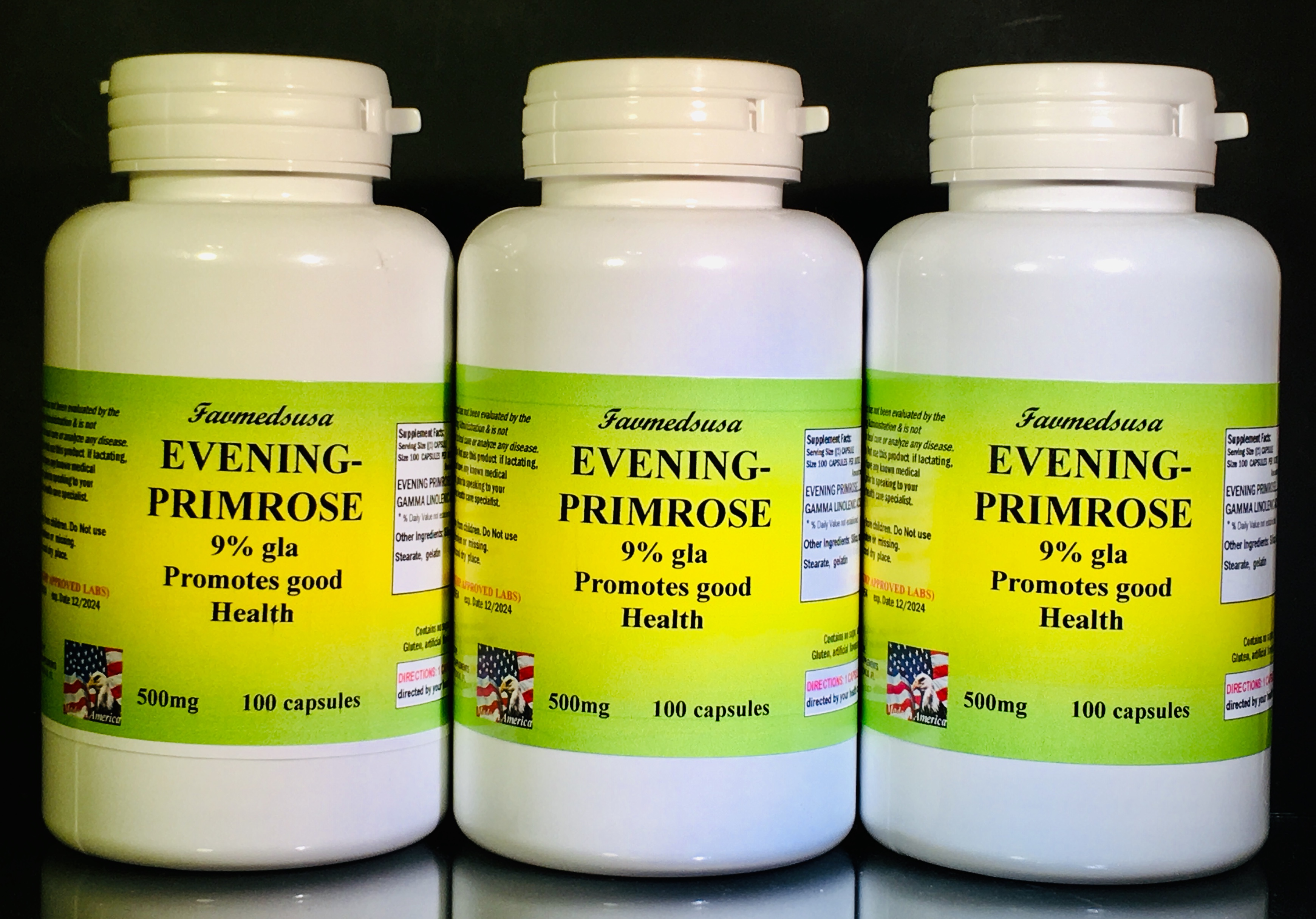What is Vitamin D3 supplement and how does it work?
Vitamin
D is a group of fat-soluble secosteroids. In humans, vitamin D is
unique both because it functions as a prohormone and because the body
can synthesize it (as vitamin D3) when sun exposure is adequate (hence
its nickname, the "sunshine vitamin"). Cholecalciferol
is a form of vitamin D, also called vitamin D3 or calcio.
Cholecalciferol, (sometimes called calciol) is an inactive,
unhydroxylated form of vitamin D3.
Selenium
is a trace mineral that is essential to good health but required only
in small amounts. Selenium is incorporated into proteins to make
selenoproteins, which are important antioxidant enzymes. The antioxidant
properties of selenoproteins help prevent cellular damage from free
radicals. Free radicals are natural by-products of oxygen metabolism
that may contribute to the development of chronic diseases such as
cancer and heart disease.- Vitamin
D promotes calcium absorption in the gut and maintains adequate serum
calcium and phosphate concentrations to enable normal mineralization of
bone and to prevent hypocalcemic tetany.
- It
is also needed for bone growth and bone remodeling by osteoblasts and
osteoclasts. Without sufficient vitamin D, bones can become thin,
brittle, or misshapen.
- Vitamin D sufficiency prevents rickets in children and osteomalacia in adults.
- Together with calcium, vitamin D also helps protect older adults from osteoporosis.
- Vitamin
D has other roles in the body, including modulation of cell growth,
neuromuscular and immune function, and reduction of inflammation.
- Many
genes encoding proteins that regulate cell proliferation,
differentiation, and apoptosis are modulated in part by vitamin D.
Groups at Risk of Vitamin D InadequacyOlder adults:Older
adults are at increased risk of developing vitamin D insufficiency in
part because, as they age, skin cannot synthesize vitamin D as
efficiently, they are likely to spend more time indoors, and they may
have inadequate intakes of the vitamin.People with dark skin:Greater
amounts of the pigment melanin in the epidermal layer result in darker
skin and reduce the skin's ability to produce vitamin D from sunlight.People with fat malabsorption:As
a fat-soluble vitamin, vitamin D requires some dietary fat in the gut
for absorption. Individuals who have a reduced ability to absorb dietary
fat might require vitamin D supplements.People who are obese or who have undergone gastric bypass surgery:A
body mass index ≥30 is associated with lower serum 25(OH)D levels
compared with non-obese individuals; people who are obese may need
larger than usual intakes of vitamin D to achieve 25(OH)D levels
comparable to those of normal weight.Sources:
National Center for Complimentary and Alternative Medicines (NCCAM)
National Institute of Health (NIH)
CDC; Medline Plus; Wikipedia
Please Note!:
The
above statements are solely for the purpose of providing extra
information about this product and in no way should be considered as
medical advice.
You
should not decide to consume this supplement based solely on what you
have read here and customers who fail to seek counsel from appropriate
health professionals assume risk of any potential ill effects.
These
statements or this product have not been evaluated by The Food And
Drug Administration (FDA) and are NOT intended to analyze, diagnose,
heal, cure, treat or prevent any disease.
モ Read more interesting articles on this and other supplements on our FaceBook page! ヤ
FAQs
Q: What are your shipping costs?
A: Shipping is based on USPS rates to the contiguous US. You can verify this by entering your zip code into USPS.com
We also ship any country in the world through USPS international shipping.
You can also choose "Priority" or "Express" shipping and you can view an estimate of shipping costs by viewing your cart.
However, final shipping costs will be displayed on the Invoice you see before confirming your order.
Q: What if I am not happy with what I got?
A:
If you are not fully satisfied with our products for any reason you can
return it for a FULL refund. Please read our Return Policy for complete
details.
Q: What if I did not receive my order?
A:
We will work with you to trace your order through the US Postal system
and if they confirm that your order is lost you will get back your
payment.
Q: What if the product got damaged in the mail?
A:
You can return it for a replacement or get your money back. Please read
our Return Policy for further details on how to make a damage claim.
Q: What if my order is confiscated or prohibited by my country's customs office?
A:
Please check with your country's customs for what is allowed BEFORE
your place your order. We cannot keep a track of what is allowed in
different countries of the world and will NOT be responsible if your
order is rejected by your customs.
Q: Will you reimburse any customs duty that is added to my order?
A:
NO! Any additional customs or import duties charged by your country is
YOUR responsibility. Again, please check this BEFORE you place your
order.
Q: What if I don't see any immediate results after taking your products?
A:
Our products are NOT medicine! They are natural products that are for
dietary supplement use only. Although their efficacy is backed by
various studies and research there is no guarantee that they will work
for everybody. Please consult your healthcare provider to confirm that
our product is right for your particular situation before you decide to
buy it.
Q: How can I contact you?
A:
You can reach us by email, phone or chat. All information on how to
reach us is available on the top right hand side of our home page.
E-Mail - Click on the button �Contact� on top of the home page and you will be taken to a page where you can write your message.
Phone - You can reach us at 1.855.FAVMEDS (1.855.328.6337)
Chat
- is only available from 9am - 5pm Eastern time and you can chat with
us during that time by clicking on the chat button on top of our home
page.
Payment And Shipping Information:

Ordering Online with us is safe and secure!
We
employ a method of interaction with our visitors that does not
compromise credit card information. This online system is 100% secure.
We
accept all major credit cards as well as secure PayPal payments. We
encourage you to feel comfortable using your credit card to conduct
commerce on our site.
Orders (with payment) received by 9 AM Eastern Time will be shipped by the next business day, provided the product is in stock.
If
there is a delay in shipping your order for any reason we will email
you immediately with a choice of refund OR expected shipping date.
Free Shipping Policy:
A nominal $1.00 will be charged for packaging and materials for items shipped free. This is NOT a shipping postage charge.
Free shipping is being offered ONLY to any address in USA.
Free shipping is eligible for orders totalling $99.00 excluding shipping charges.
This is a limited promotional offer and cannot be combined with any other promotions, offers or discounts.
This promotion can be withdrawn at any time without prior notice.
This
offer can only be used for a single transaction and multiple or
previous orders cannot be combined to achieve the $99.00 requirement.
FavoriteMeds Shipping Policy:
We carefully inspect all items before we pack them.
Orders (with payment) received by 9 AM Eastern Time will be shipped by the next business day, provided the product is in stock.
If
there is a delay in shipping your order for any reason we will email
you immediately with a choice of refund OR expected shipping date.
A nominal $1.00 will be charged for packaging and materials for items shipped free. This is NOT a shipping postage charge.
We ship via US Postal Service to all national as well as international destinations.
We will upload the tracking number of your shipment to your order as soon as we ship your order.
We will respond promptly to any inquiries about the status of your shipment and help you track your shipment till it arrives.
If in the rare instant a shipment is lost in the mail we will work with you to resolve the matter amicably.
If you need an alternate method of shipping such as FedEx or UPS please contact us for further information.
Please read the FAQs Page for more information on other questions you may have regarding shipping.
FavoriteMeds offers the following RETURNS POLICY:
We
stand behind every item we sell. If you are not satisfied with your
purchase for any reason, simply return the unused portion (unfortunately
we cannot process empty containers as returns) in original packaging
with your invoice within 14 days from delivery date for a prompt refund
less shipping.
Please contact us for authorization before returning product, unauthorized returns will be subject to a 15% restocking fee.
Only
one opened item of the same product is eligible for return. All others
of the same item must be in factory sealed original packaging for a
refund.
If more than 10 items from the order are returned, a 15% restocking fee will be applied.
We cannot process returns after 30 days.
For items damaged in transit:
USPS damaged item notice has to be sent to us to claim replacement.
The damaged product has to be returned to make the claim.
Replacement item will only be sent out after receipt and inspection of the damaged goods.
For wrong shipment received:
Claims
for wrong shipment received (right product but wrong strength (mg) or
wrong product) must be made within 2 days of receipt of shipment.
Claims
should be supported with two photographs of the shipment received -
Photo1: showing label; Photo2: showing lot # and expiry date.
The correct order will be shipped out on receipt and inspection of photographs of wrong shipment.
The
wrong shipment has to be returned UN-opened and in original condition
along with the packing slip and buyer will be charged if the item is not
received in original condition.
Buyer will be credited first class USPS rate for return shipment after receipt of wrong shipment.
Prices
Prices are correct at time of publication.
Errors and omissions are excepted.
Orders
will be processed at our published prices, otherwise, in the case of
any unexpected change in price, you will be informed and asked if you
wish to reconsider your order before proceeding.
Complaints
If
we should receive a complaint about any part of our service, by phone,
e-mail or letter,then it will be dealt with promptly (we will reply
within 3 working days). It will then be dealt with confidentially, and
effectively.
We will respond promptly to all emails concerning any item purchased from our site.
It is our obligation to keep each of our buyers satisfied with their transaction.



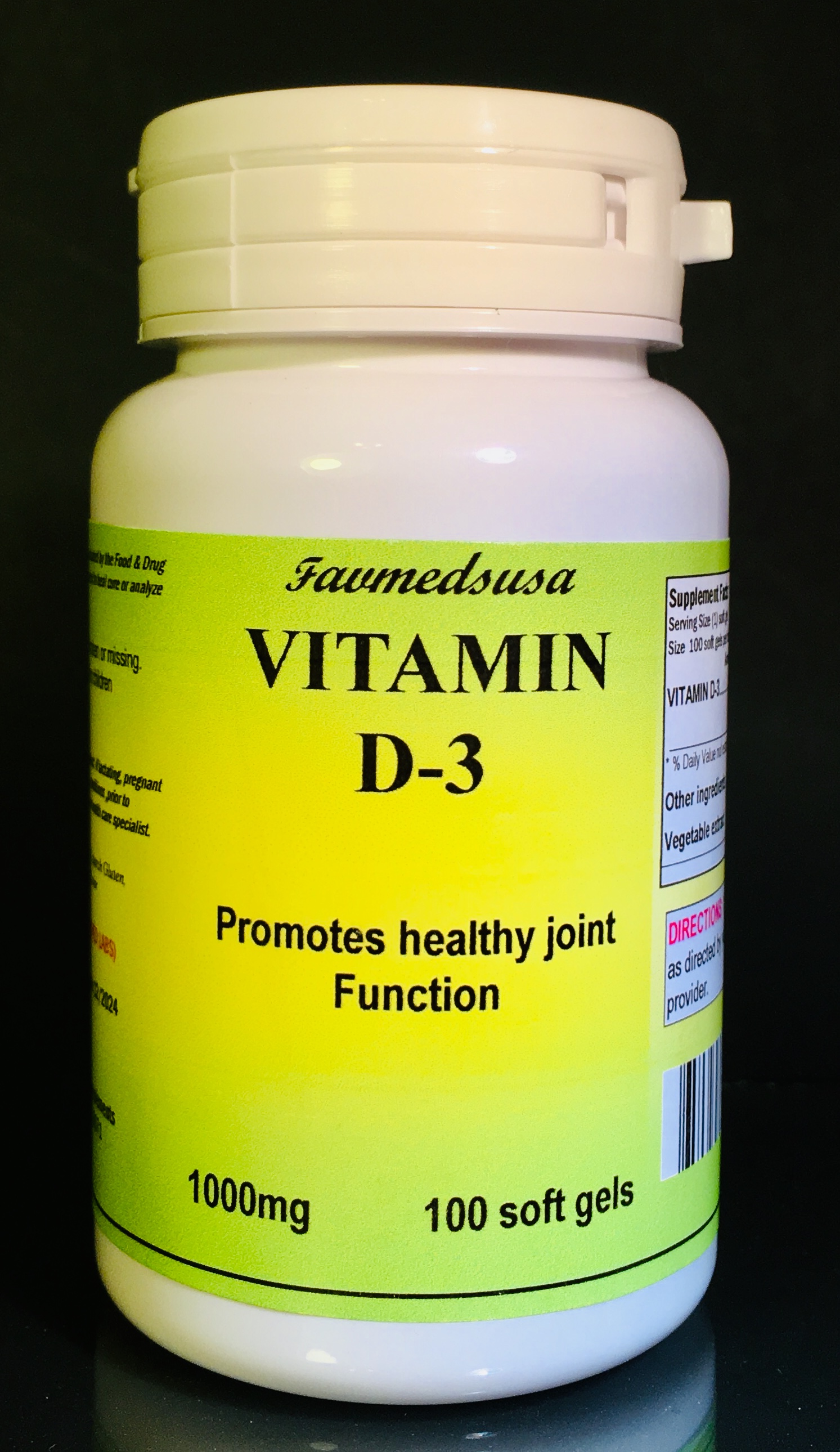
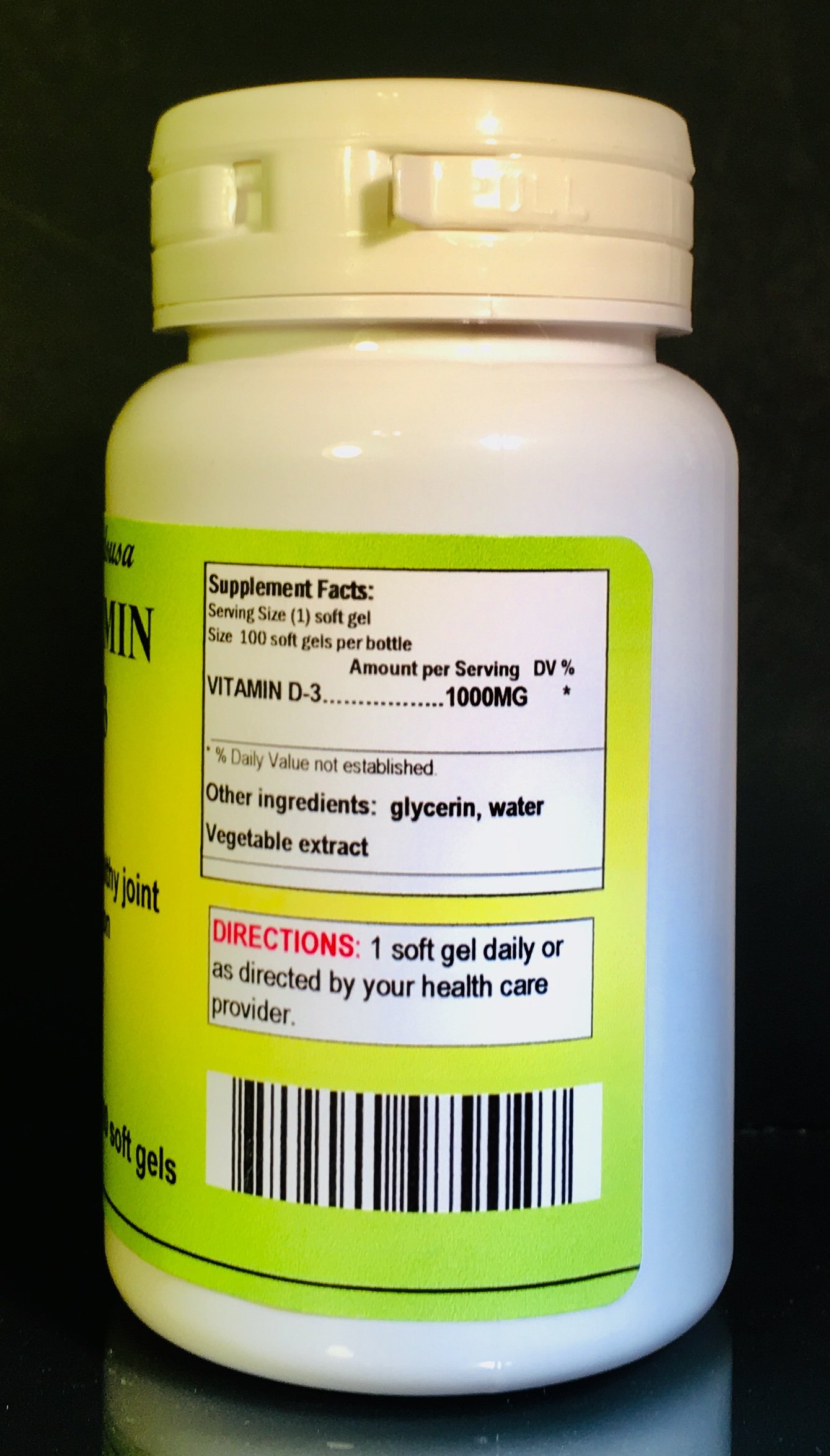
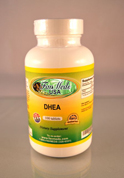
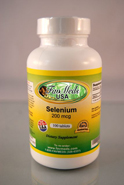
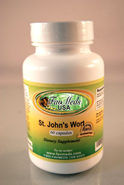

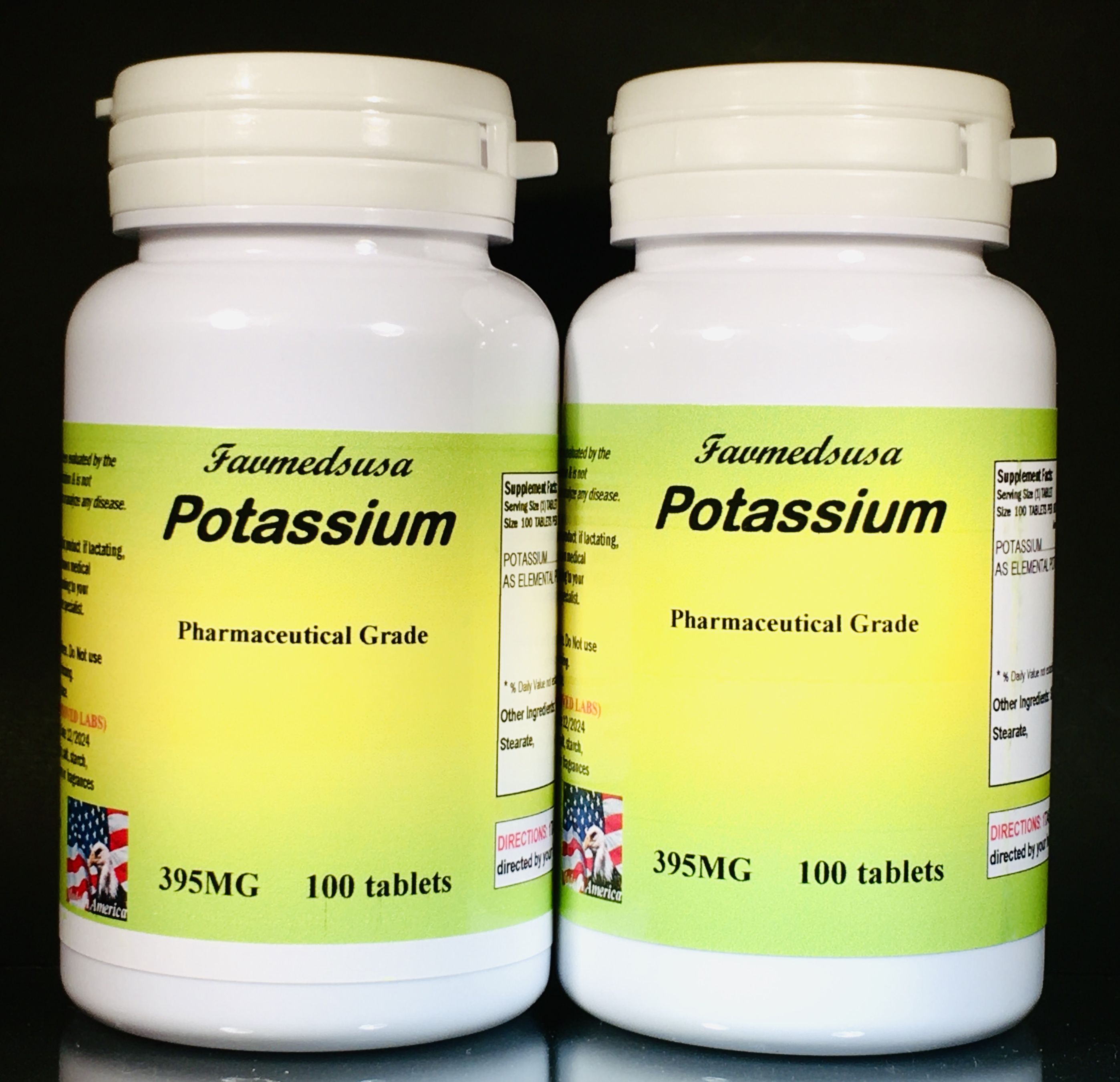
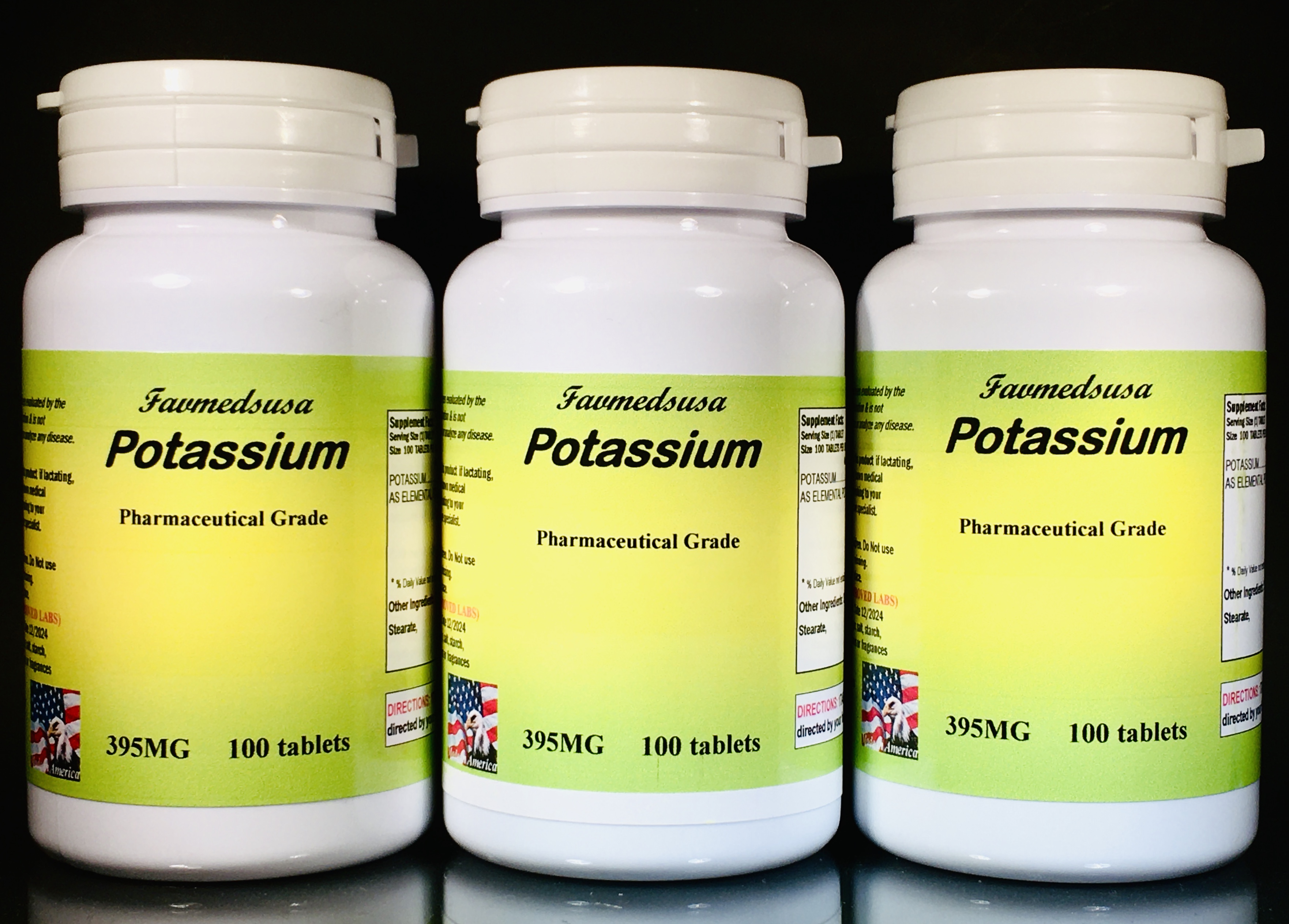
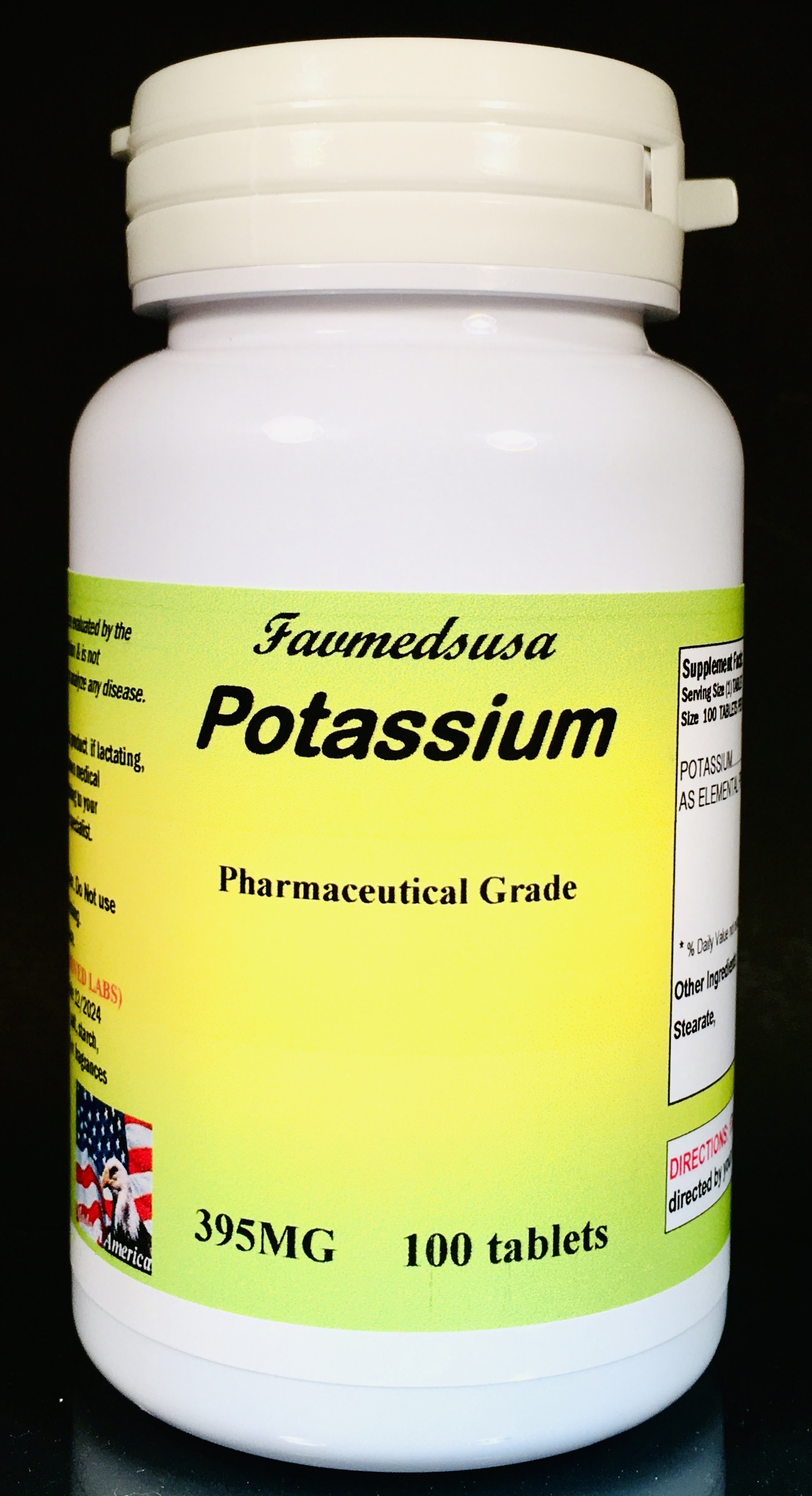
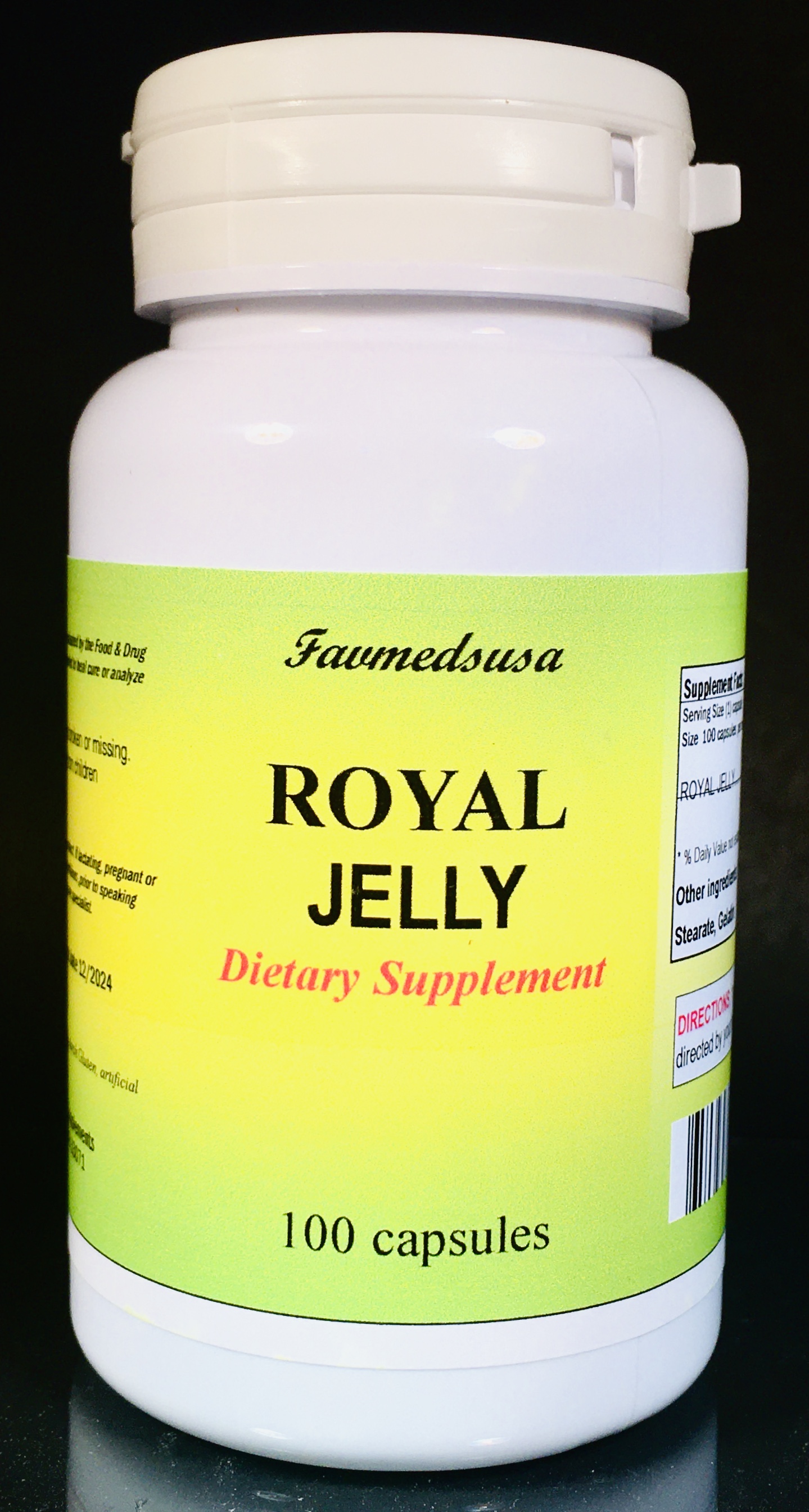
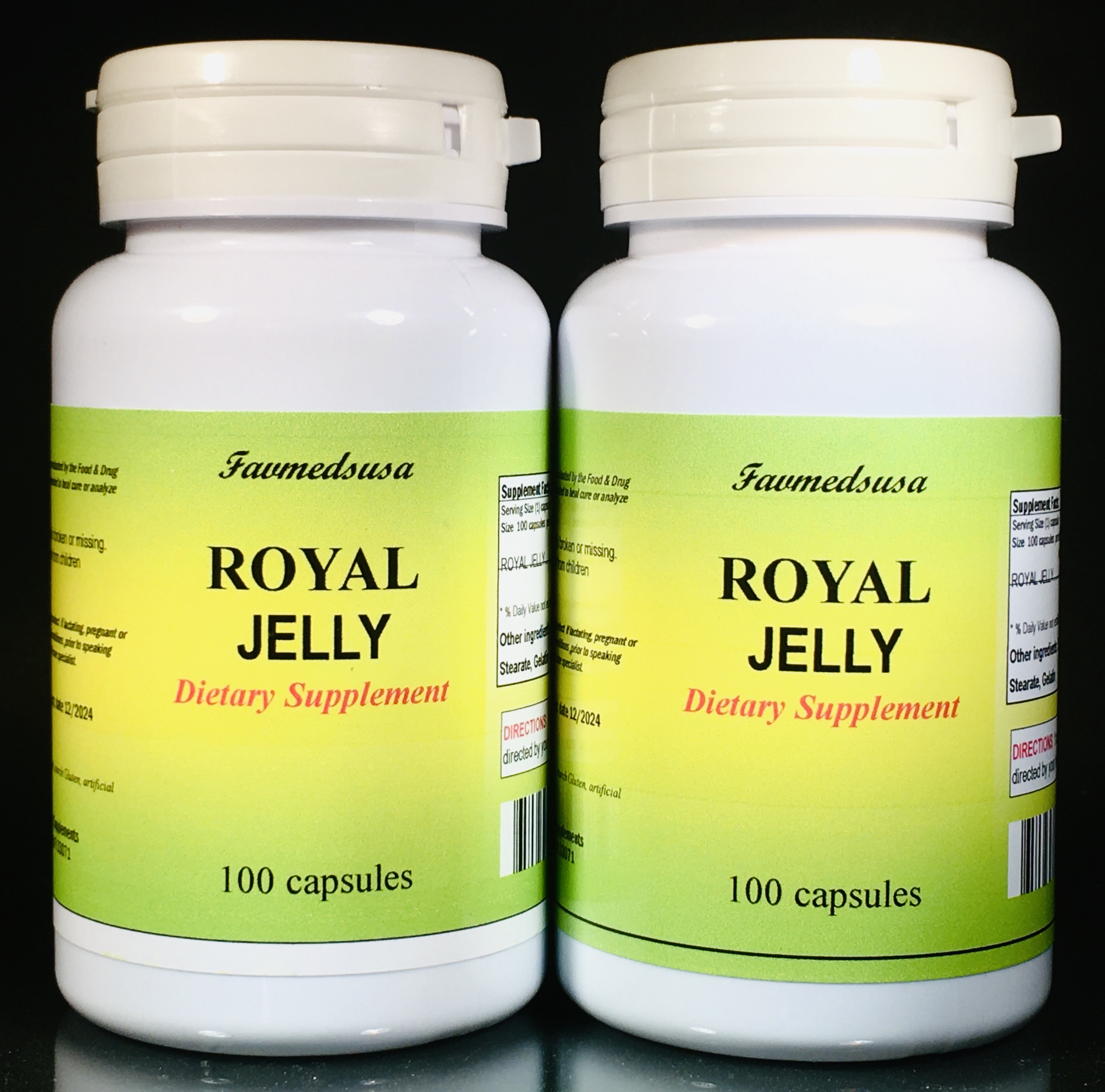
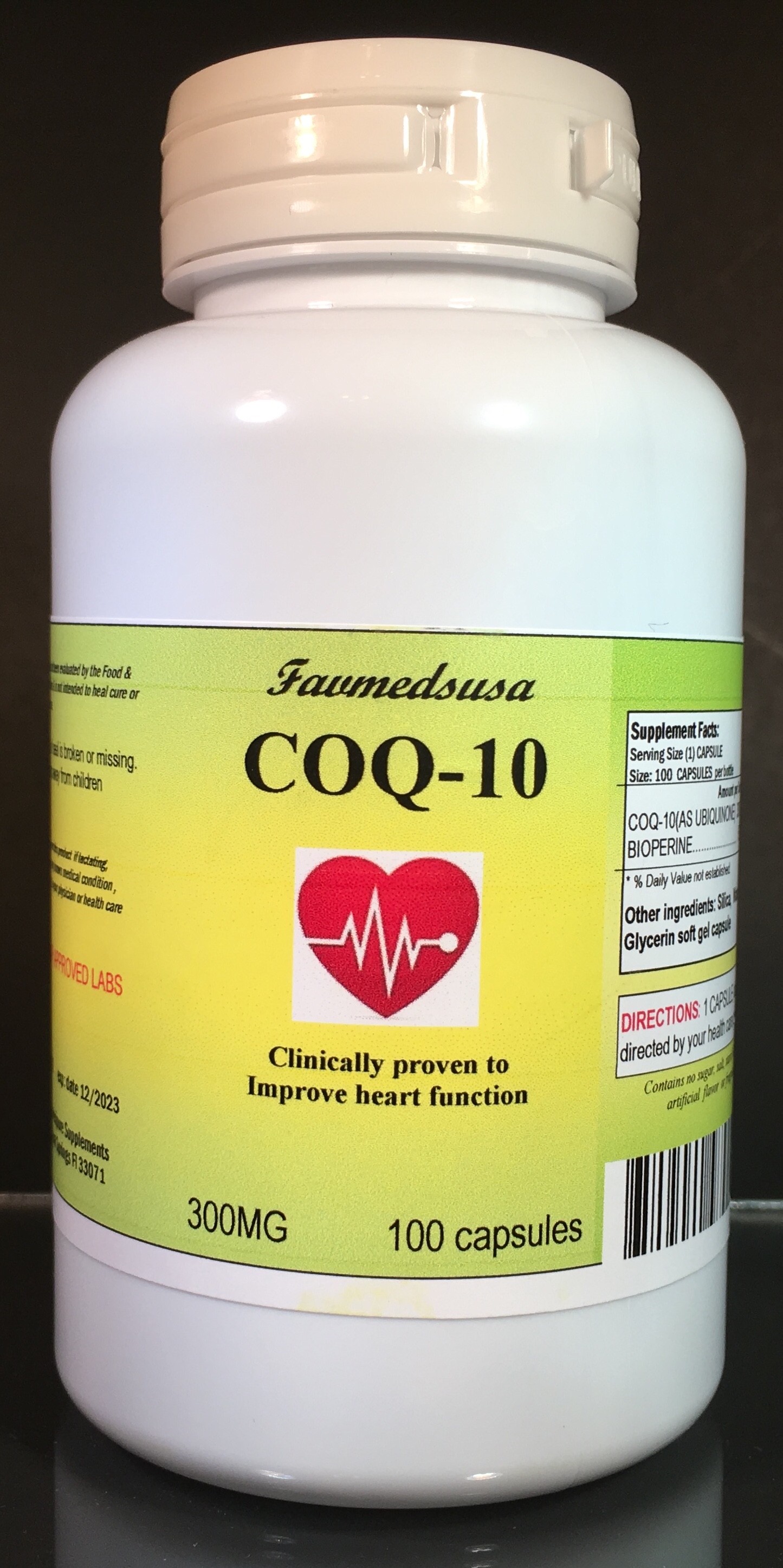
.jpg)
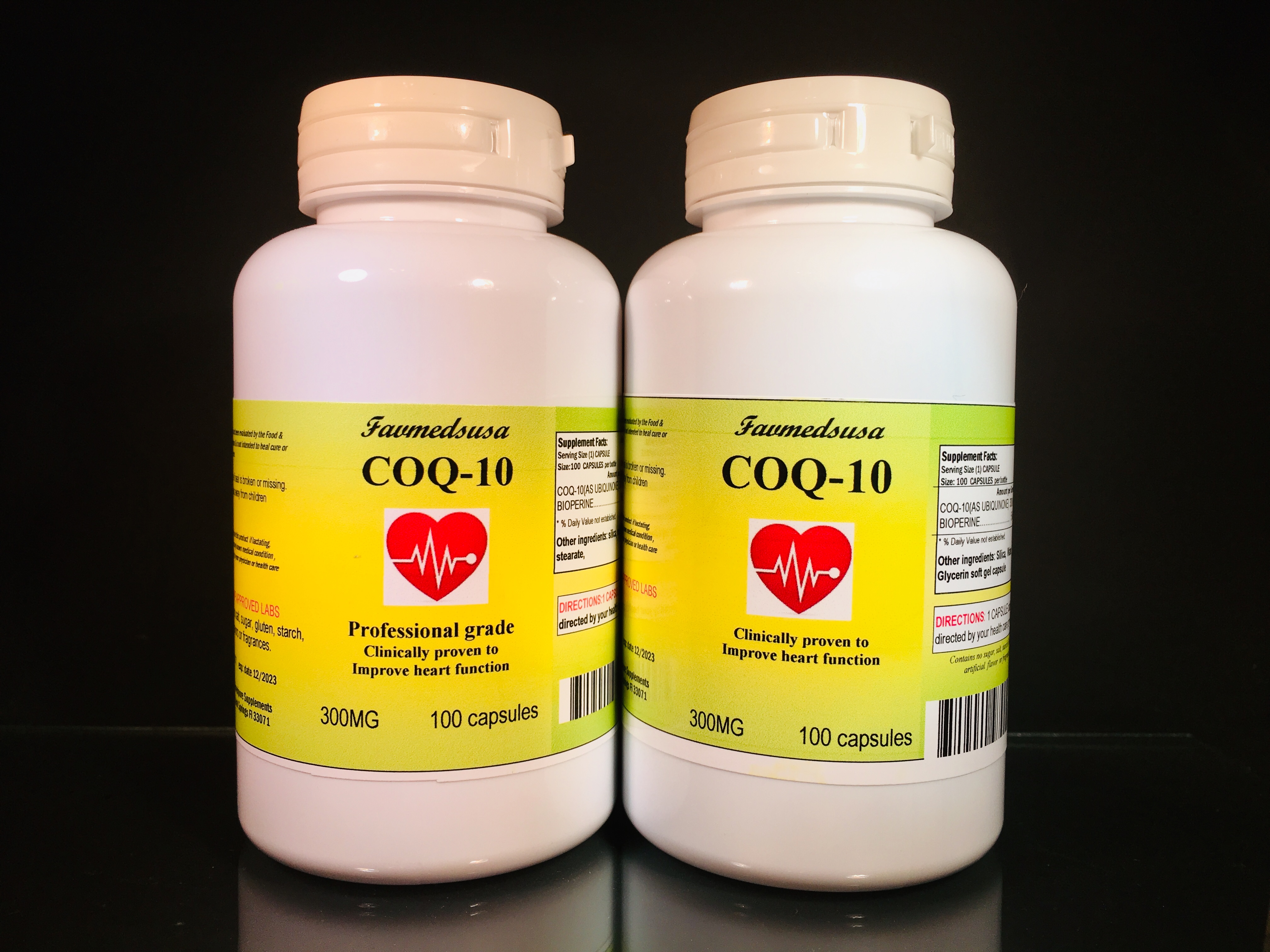
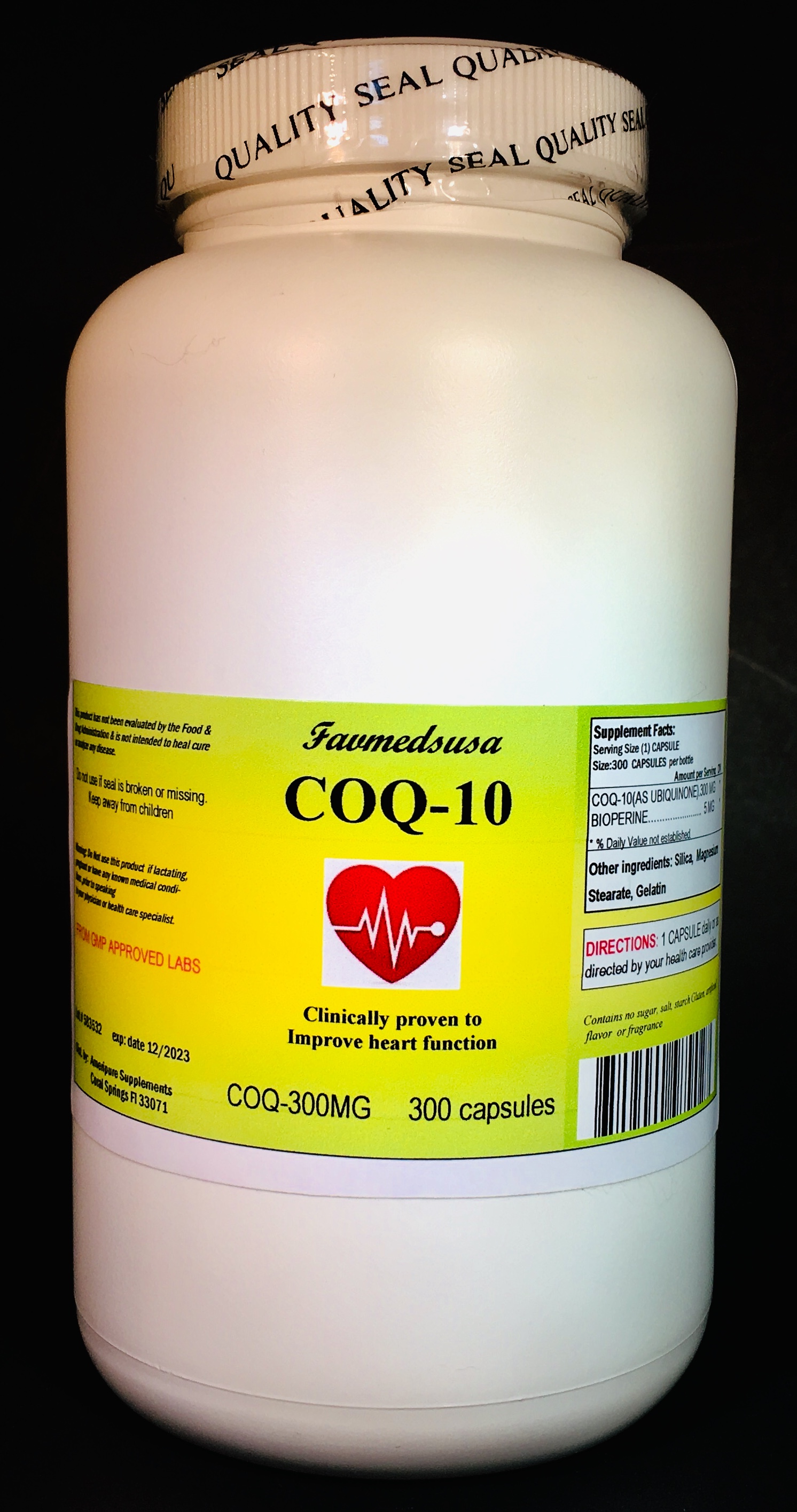
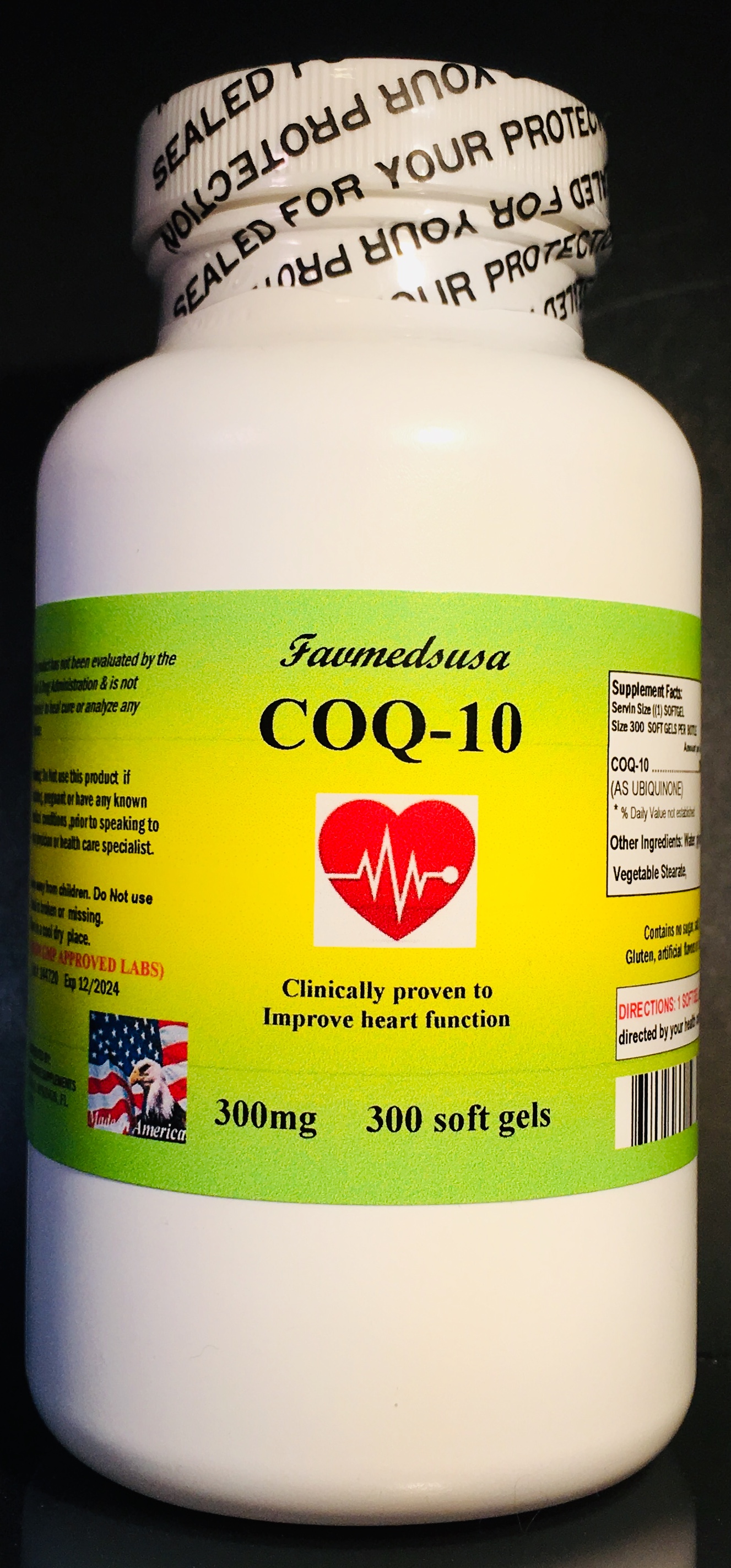
.jpg)
